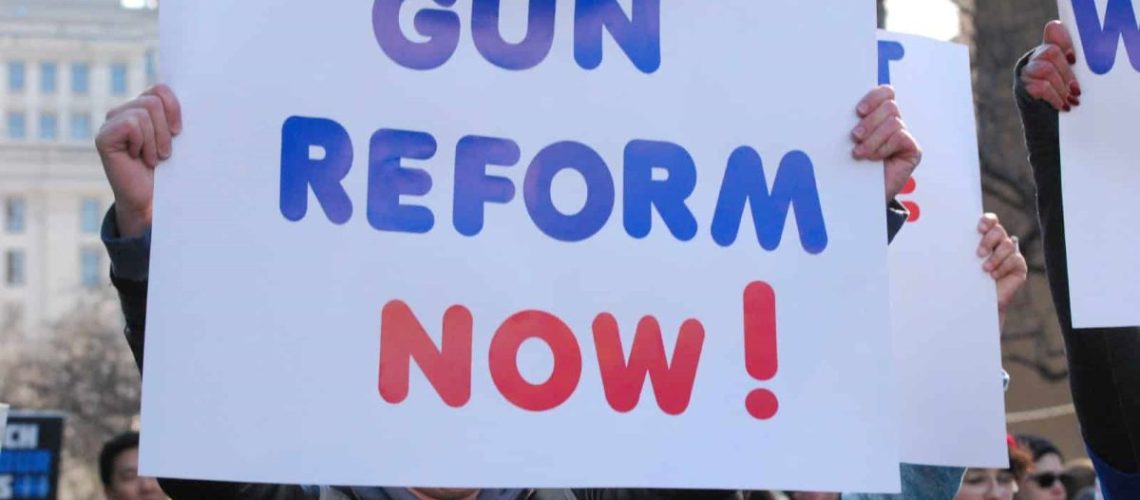America’s gun debate isn’t just political—it’s personal. With every new tragedy, the call for reform grows louder, but why does it seem like we’re shouting into the wind? Here are 21 reasons why Americans will fiercely defend their right to bear arms, no matter the cost.
1. Economic Impact
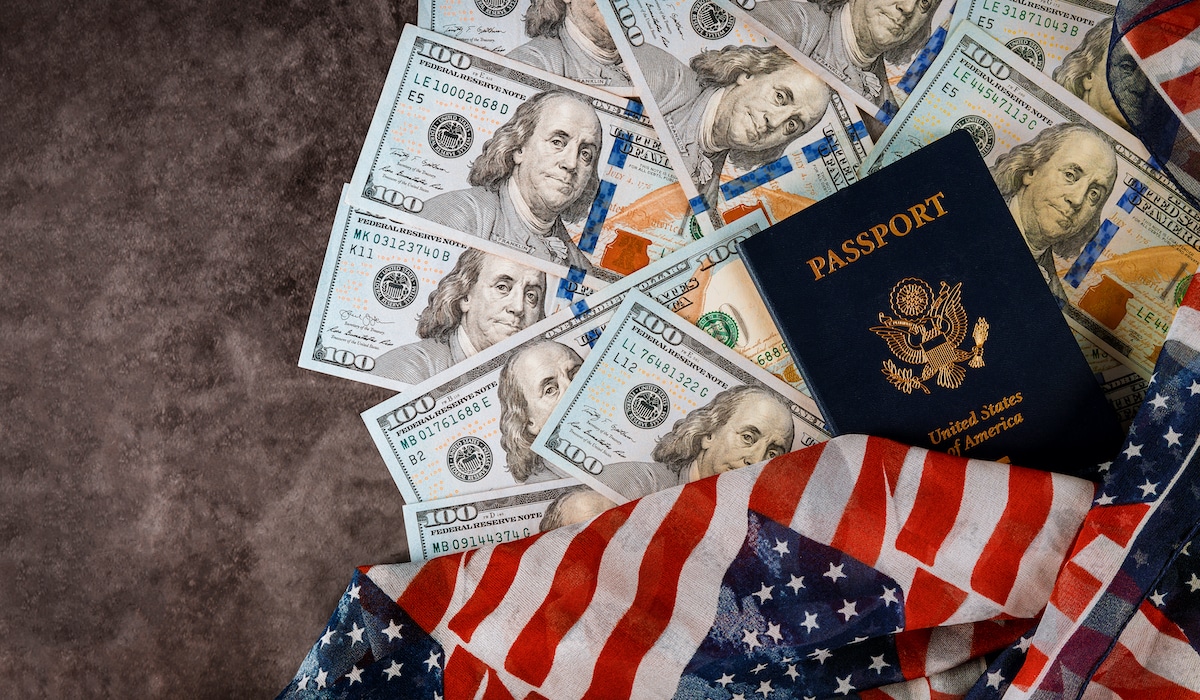
The firearms industry is a significant part of the American economy, generating billions in revenue and supporting hundreds of thousands of jobs. The National Shooting Sports Foundation estimates that the industry contributes over $60 billion annually to the economy and supports more than 300,000 jobs. Imposing strict gun control could devastate local economies, especially in states where gun manufacturing and sales are major industries. Small businesses, local gun shops, and even tourism in hunting areas would take a severe hit.
2. Constitutional Rights
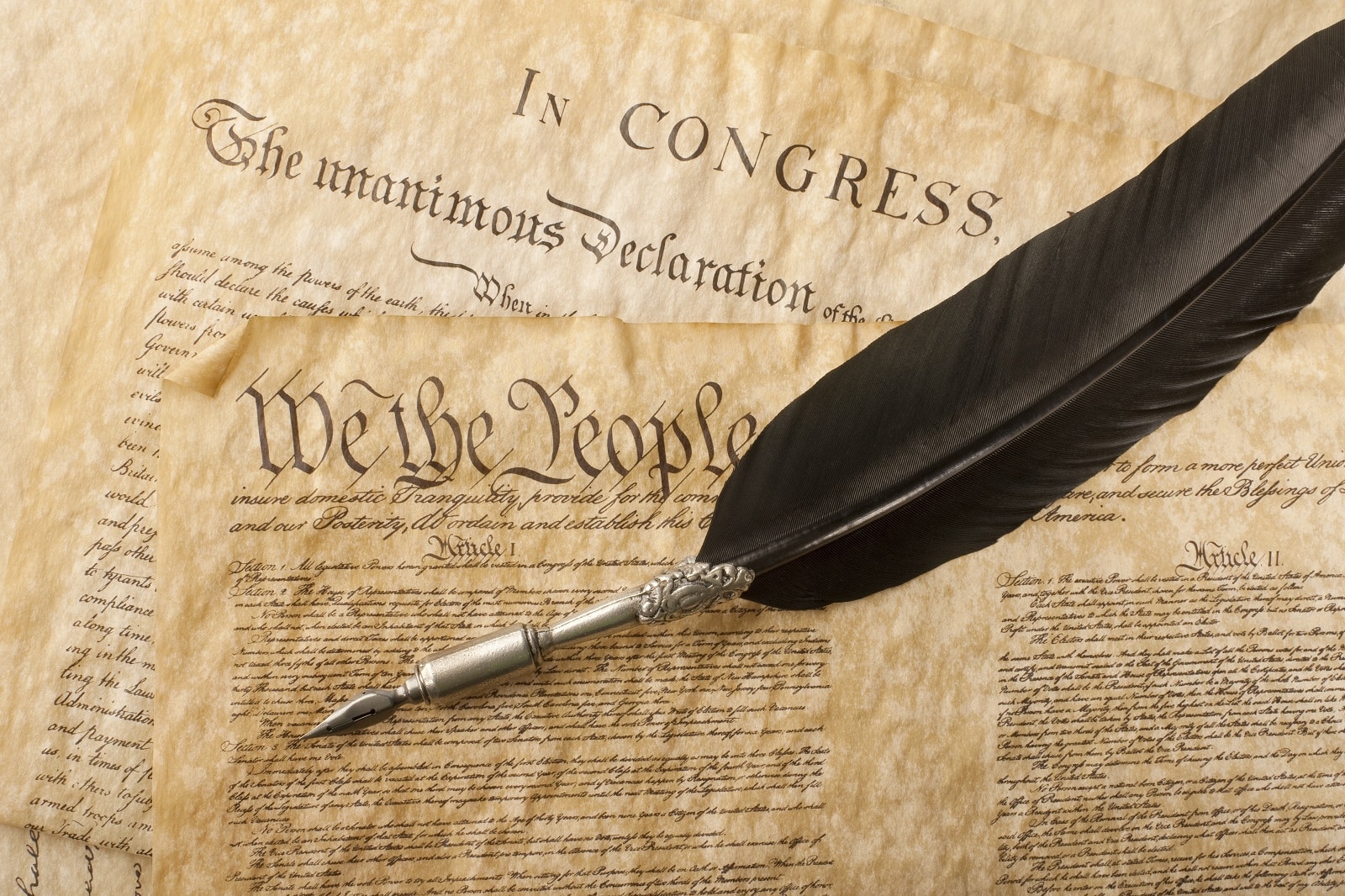
The Second Amendment is a cornerstone of American identity, enshrining the right to bear arms. Many Americans view any form of gun control as an infringement on this constitutional right, a sentiment deeply embedded in our national psyche. This belief is upheld by numerous Supreme Court rulings, including District of Columbia v. Heller, which affirmed an individual’s right to possess firearms. Any attempt to alter this would be seen as an attack on our fundamental freedoms.
3. Patriotism

For many, owning a gun is an expression of patriotism and a symbol of American freedom. This sentiment is reflected in the widespread celebration of firearms in our culture, from historical reenactments to popular media. Some believe that guns symbolize the rugged individualism and self-reliance that define our national character.
4. Government Distrust

A significant portion of our population harbors a deep-seated distrust of the government. This skepticism is rooted in historical events like the Waco siege and the aftermath of Hurricane Katrina, where gun confiscation attempts led to increased fear of governmental overreach. This distrust makes people more likely to resist any attempts at increased regulation.
5. Rural Communities
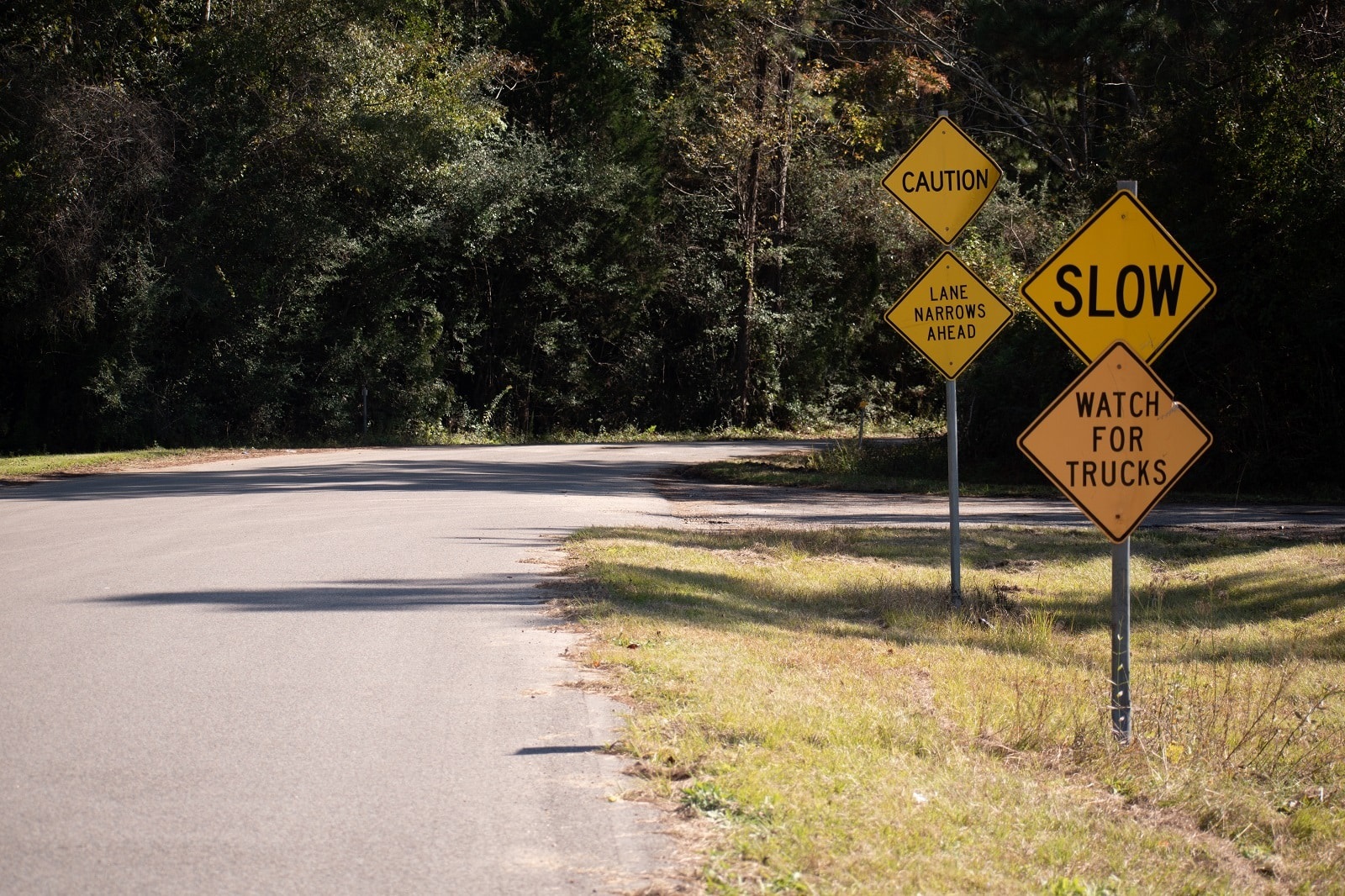
In rural America, guns are a way of life. They are essential tools for hunting, protection, and recreation. Studies show that gun ownership is much higher in rural areas, where law enforcement response times can be longer, and self-reliance is valued. These communities view gun control as an attack on their way of life and personal safety.
6. Crime Rates

Many Americans believe that owning a gun is necessary for personal protection. According to the Pew Research Center, 48% of gun owners cite protection as the primary reason for owning a firearm. This belief is reinforced by reports and statistics showing that defensive gun use occurs frequently in the U.S., with estimates of between 500,000 and 3 million instances annually according to the CDC.
7. Sheer Numbers

There are more guns than people in the United States. Estimates suggest there are over 393 million civilian-owned firearms. With such an overwhelming number of guns already in circulation, any attempt at significant reform faces logistical nightmares, making widespread enforcement practically impossible.
8. Geography
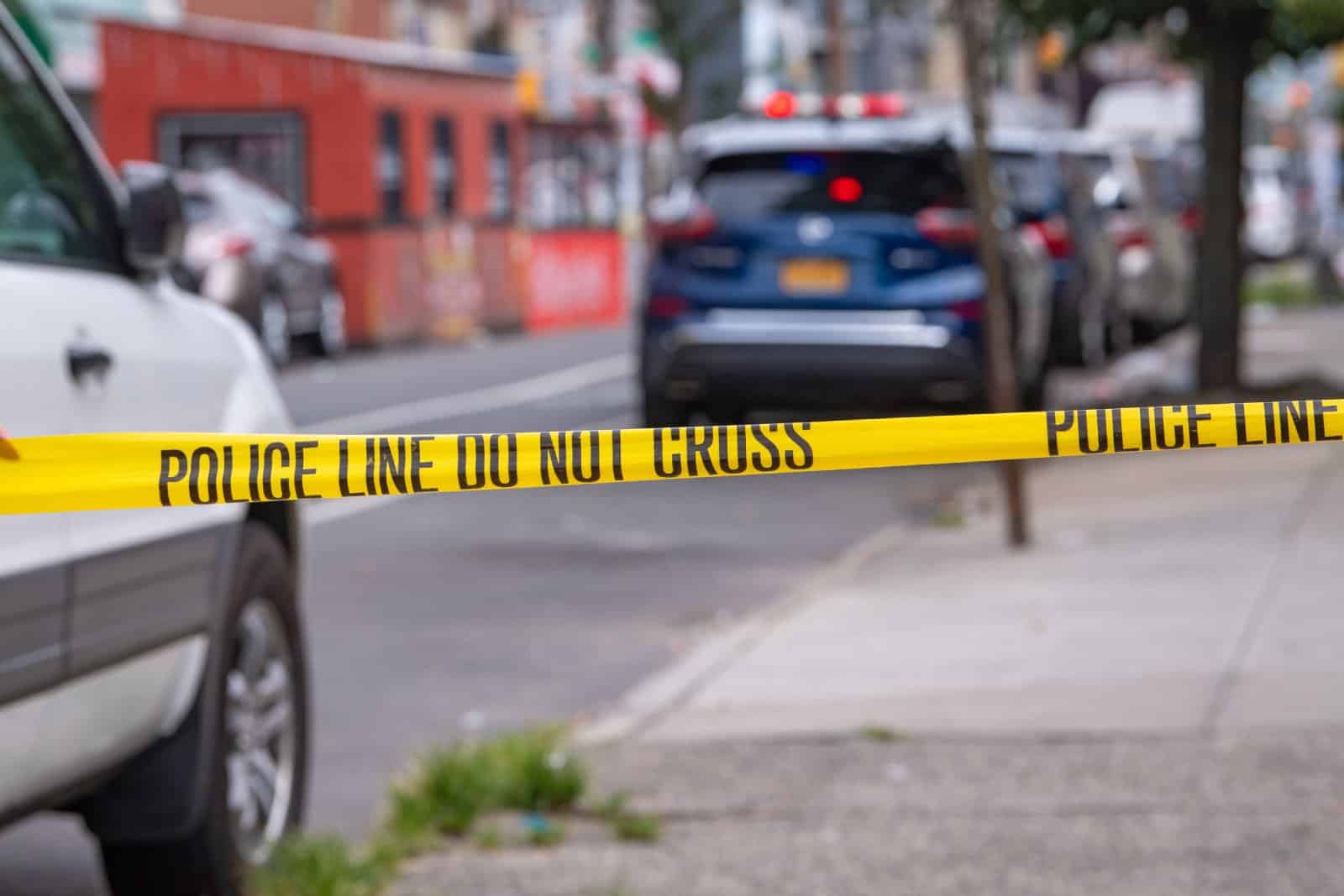
The vast and varied geography of the United States makes a one-size-fits-all approach to gun control impractical. Urban areas with high crime rates may benefit from stricter laws, but rural areas with strong hunting traditions and low crime rates often see these laws as unnecessary. This geographic diversity makes uniform legislation challenging to implement.
9. American Superrealism

Our love affair with guns is often depicted in media and entertainment, reinforcing the cultural norm. Movies, television shows, and video games frequently glorify gun use, shaping public perception and acceptance of firearms as an integral part of American life. This cultural representation strengthens the belief that guns are an essential part of our identity.
10. Historical Precedent
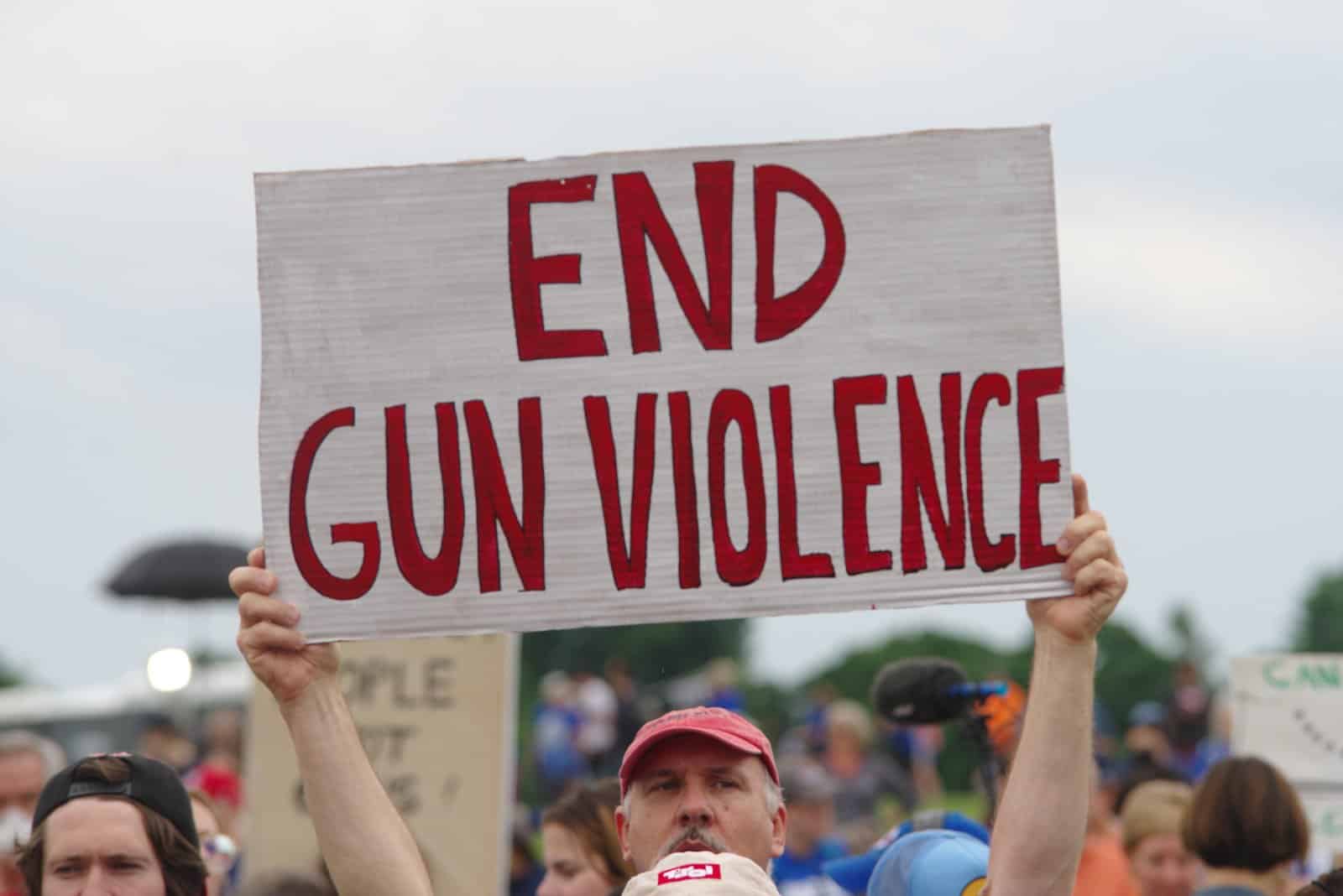
Historical attempts at gun control have often met with strong resistance and limited success. The 1994 Federal Assault Weapons Ban, which expired in 2004, is frequently cited as ineffective in significantly reducing gun violence, further entrenching opposition to new legislation. Past failures make current proposals seem futile to many.
11. Political Lobbying
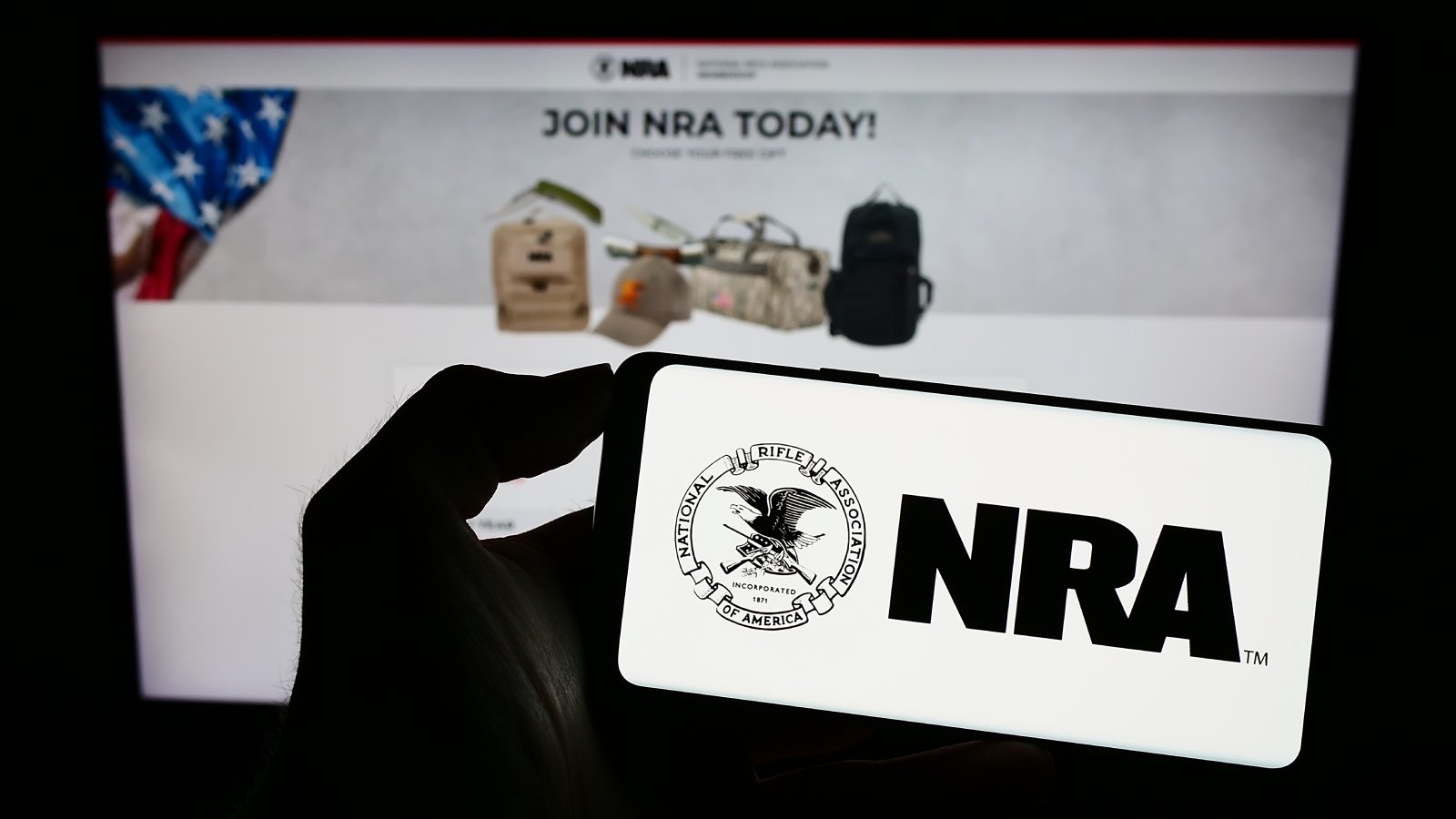
The National Rifle Association (NRA) and other pro-gun organizations wield significant political power. They invest heavily in lobbying efforts and campaign contributions, influencing legislation and maintaining strong support among lawmakers. This political clout makes it difficult to pass any restrictive gun laws.
12. Cultural Identity
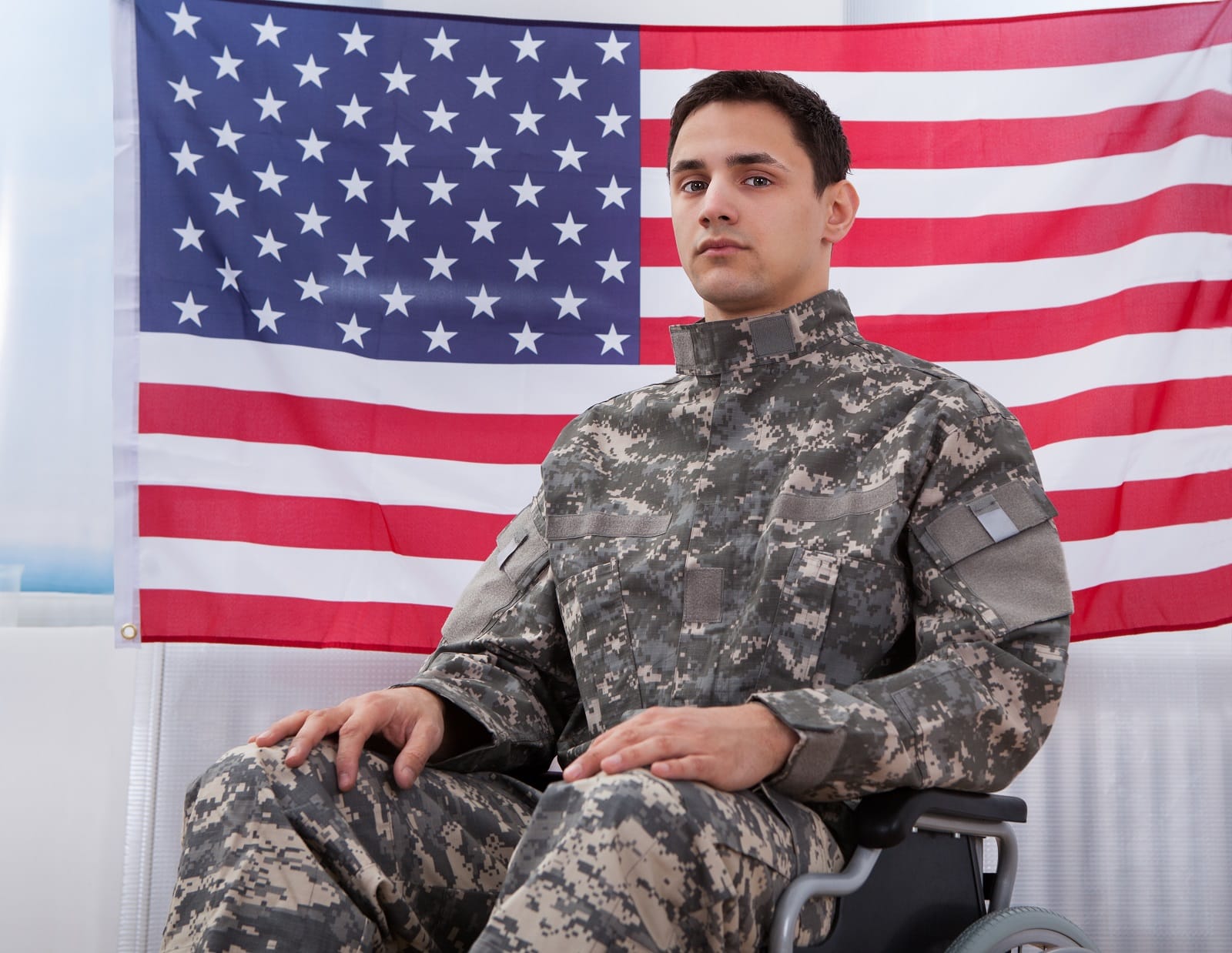
For many Americans, guns are tied to cultural identity and heritage. This is particularly true in the South and West, where frontier history and the legacy of self-reliance play a crucial role in regional identity. Guns are seen not just as tools but as symbols of cultural heritage and personal responsibility.
13. Second Amendment Sanctuaries
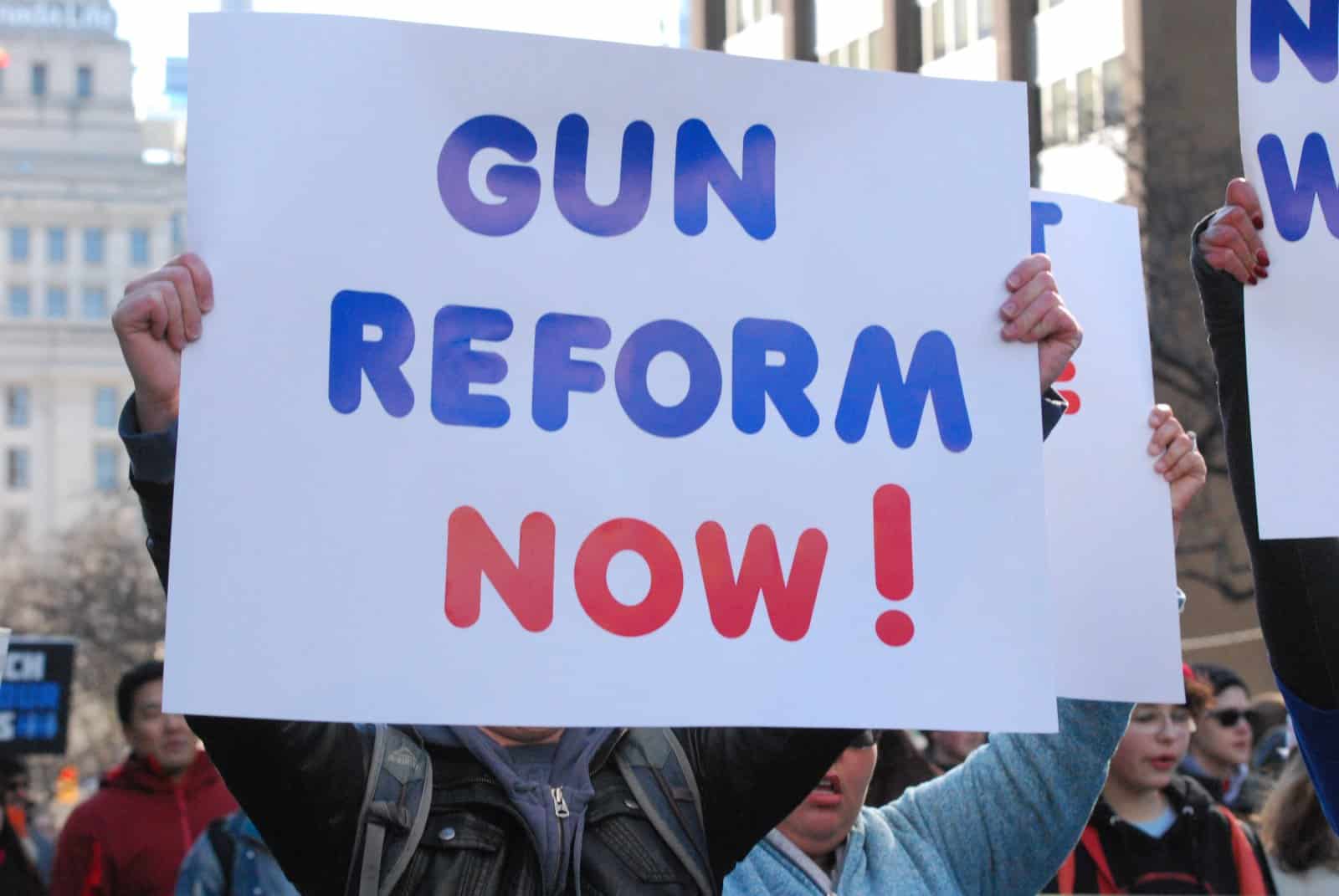
A growing number of counties and states have declared themselves “Second Amendment sanctuaries,” pledging not to enforce certain gun control measures. This movement highlights the deep resistance at the local level to federal or state-level gun reforms. These sanctuaries represent a significant barrier to uniform enforcement of gun laws.
14. Self-Defense Statistics

Research from the Centers for Disease Control and Prevention (CDC) has found that defensive gun uses occur between 500,000 and 3 million times per year. These statistics reinforce the belief among many Americans that guns are essential for personal safety. Stories of individuals defending themselves and their families with firearms strengthen this conviction.
15. Hunting and Sport Shooting
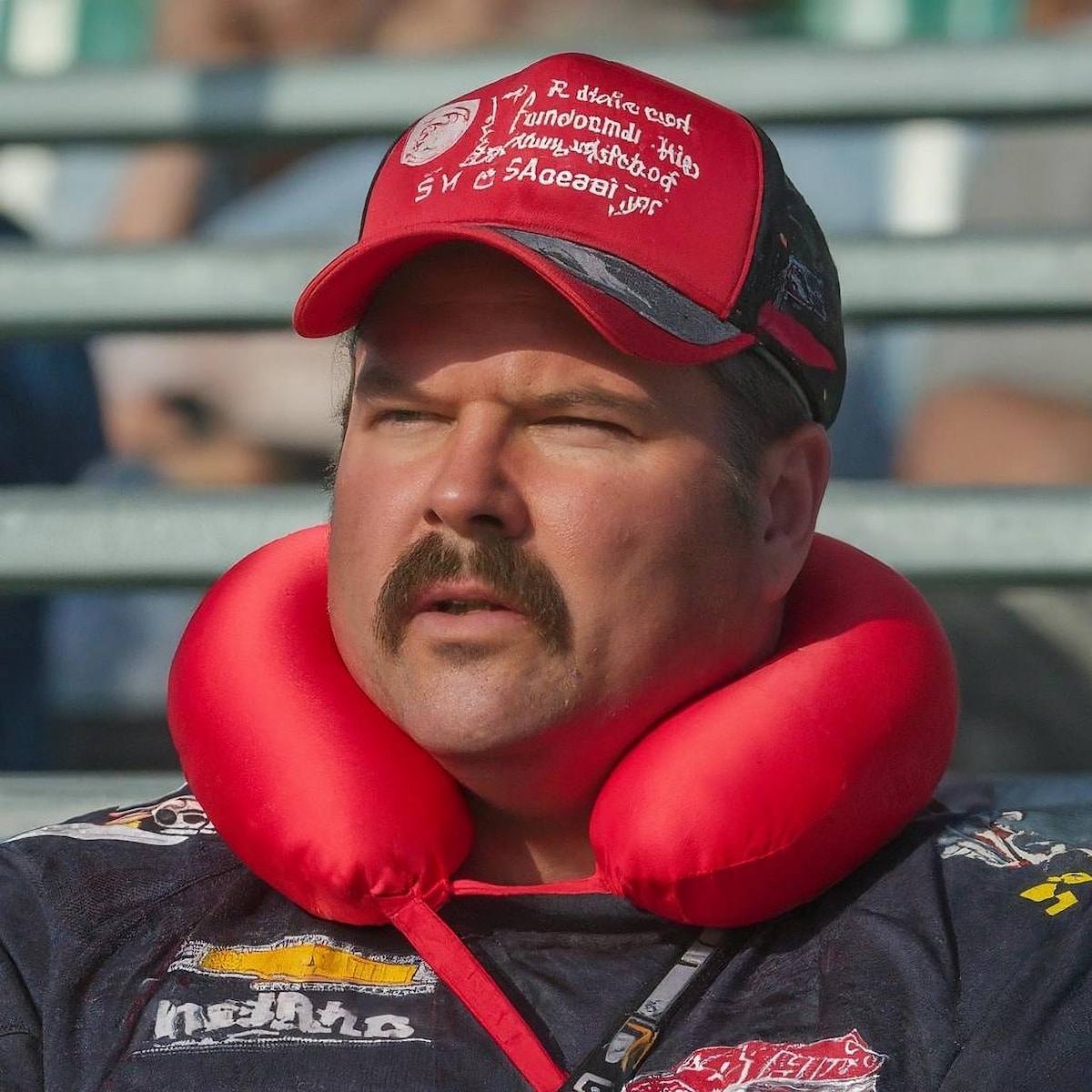
Hunting and sport shooting are popular pastimes, with millions of Americans participating each year. The U.S. Fish and Wildlife Service reports that over 15 million people hunted in 2016. These activities foster a culture of gun familiarity and acceptance, and any restrictions on firearms would impact these cherished traditions.
16. Black Market Concerns
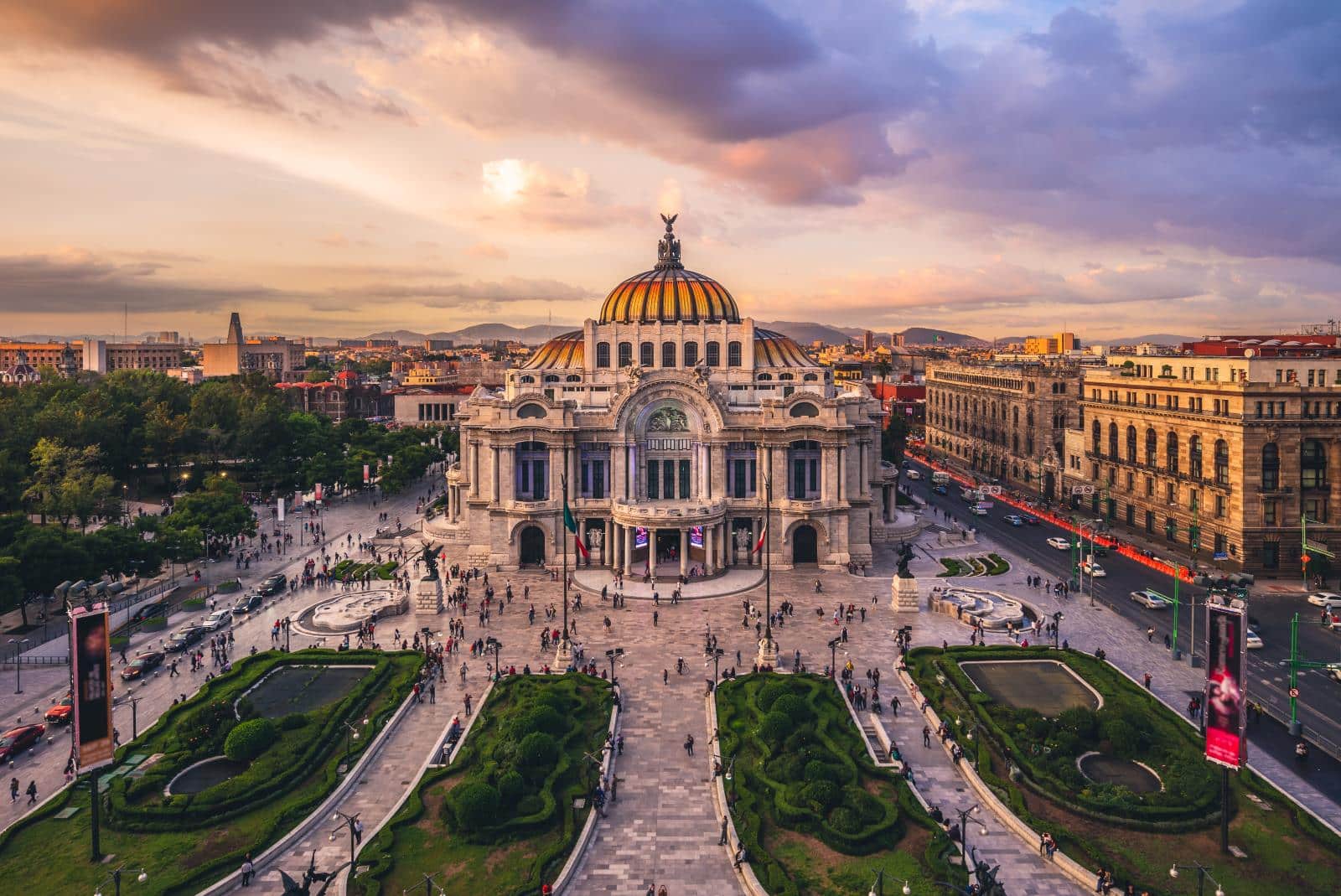
Strict gun control laws could drive more people to obtain firearms through illegal means. Studies from countries with stringent gun laws, like Mexico, show that black markets can flourish, making enforcement challenging and potentially increasing criminal activity. This potential for a thriving underground market makes strict regulations seem counterproductive.
17. Law Enforcement Perspectives
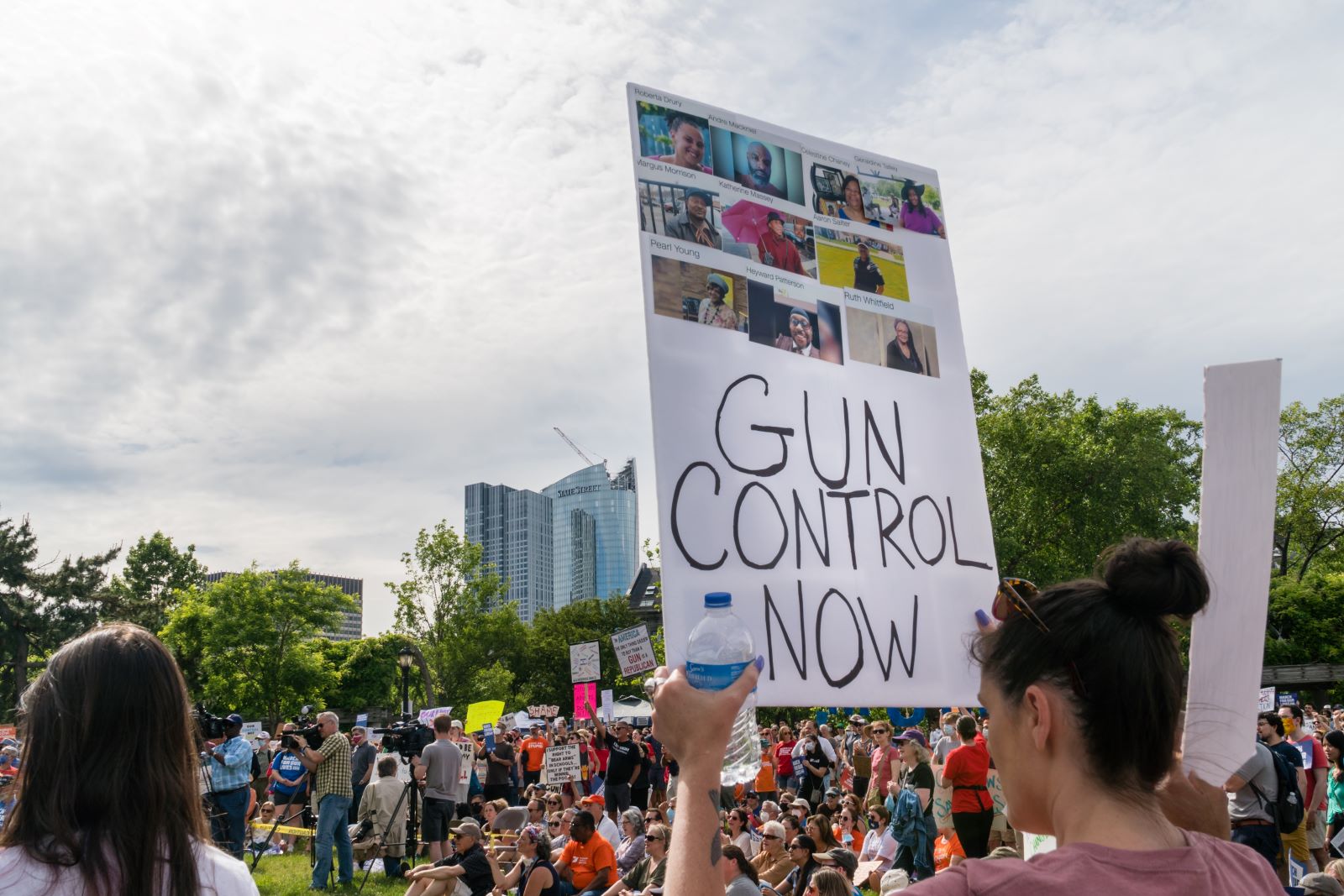
Many law enforcement officers oppose strict gun control measures, arguing that they need public support and cooperation to effectively combat crime. They often advocate for responsible gun ownership rather than sweeping reforms. This perspective from those on the front lines of crime prevention adds weight to the argument against broad restrictions.
18. Ineffectiveness of Previous Bans
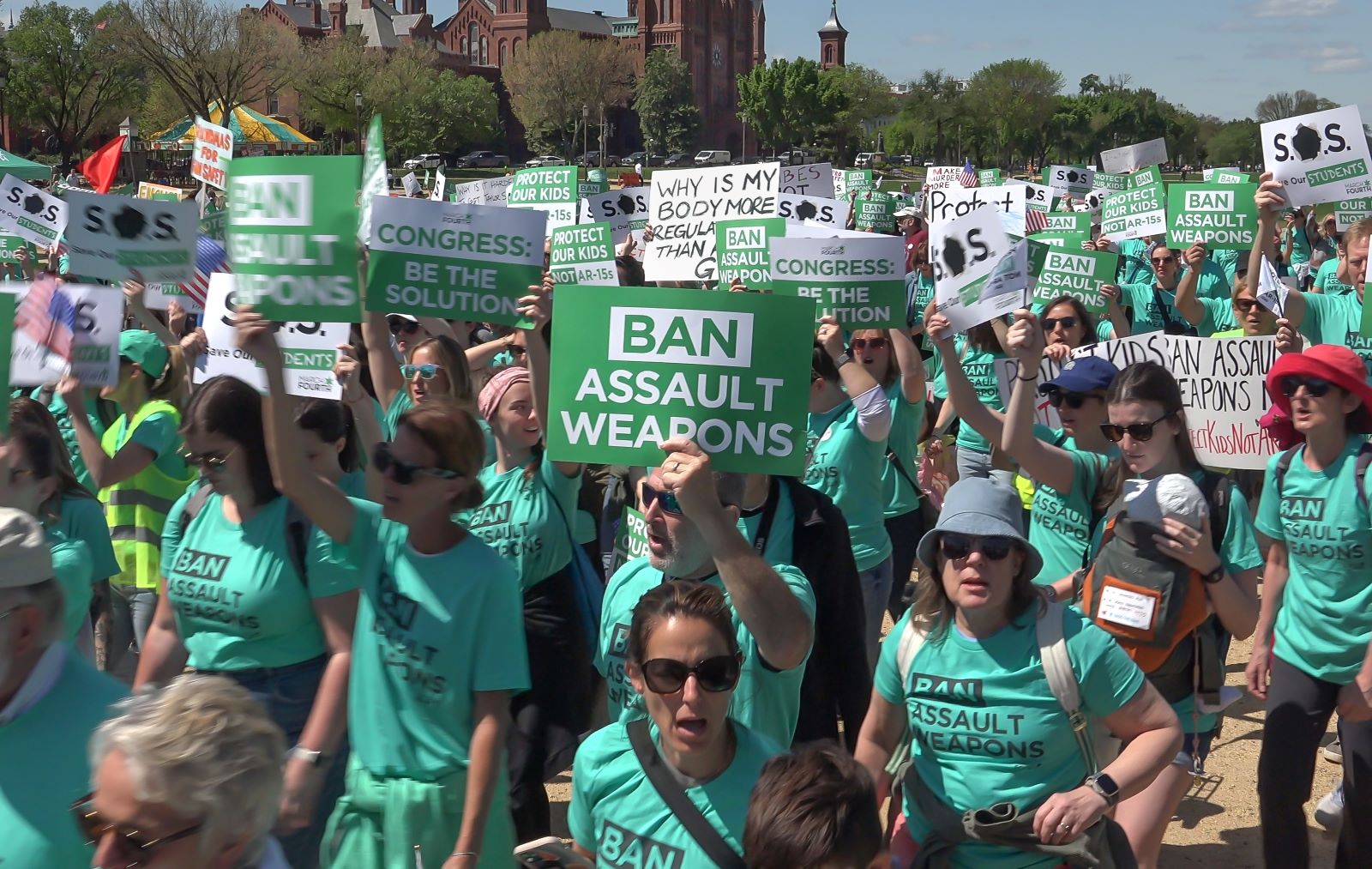
The 1994 Assault Weapons Ban, which prohibited certain semi-automatic firearms, did not significantly reduce gun violence, according to studies by the National Institute of Justice. This perceived ineffectiveness fuels skepticism about new proposed bans. Many believe that focusing on other factors, such as mental health and community programs, would be more effective.
19. Political Polarization
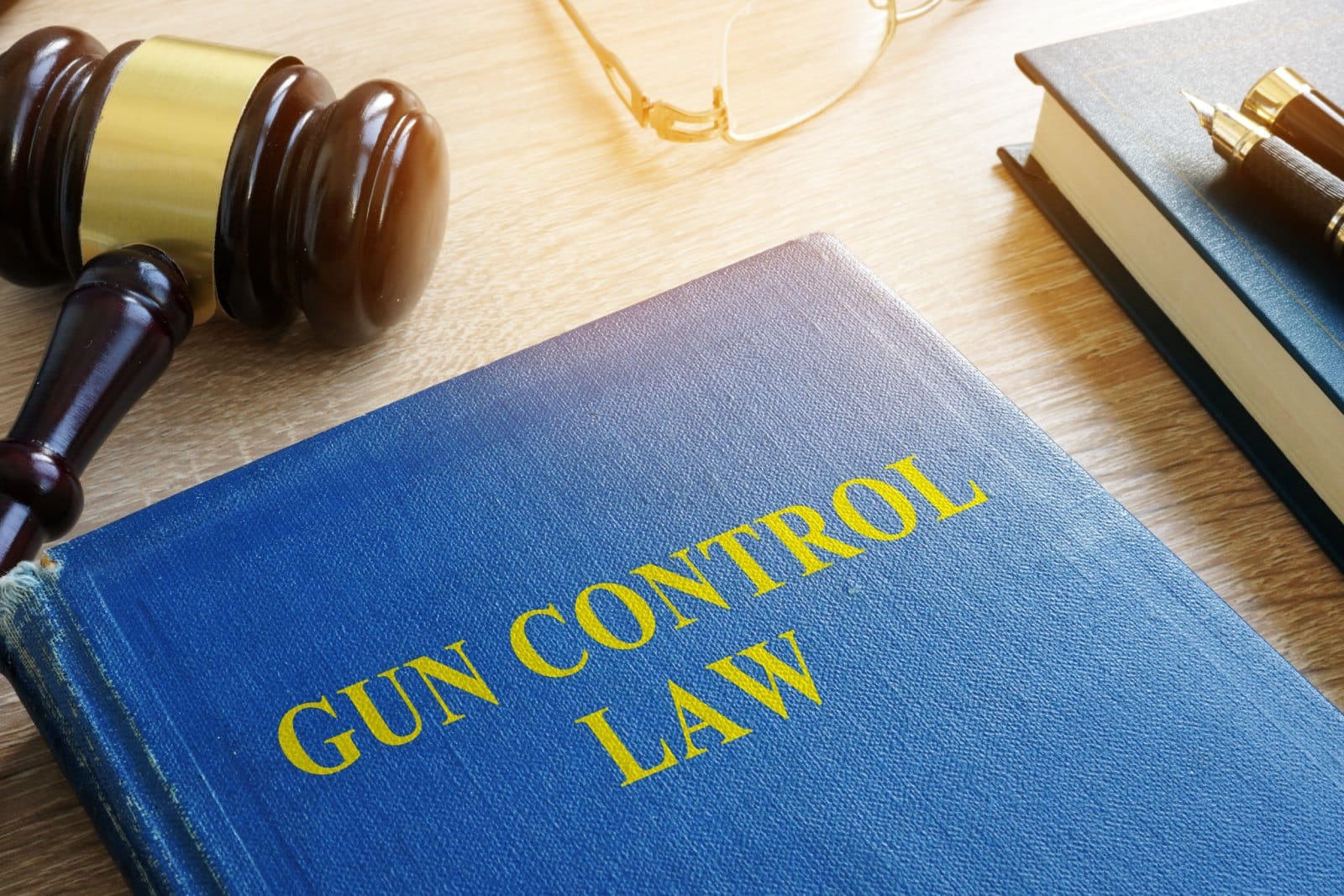
Gun control is a highly polarizing issue in American politics. Efforts to pass reform often become mired in partisan battles, with little room for compromise. This polarization makes it difficult to enact meaningful changes, as each side digs in its heels, further entrenching the status quo.
20. Mental Health Focus
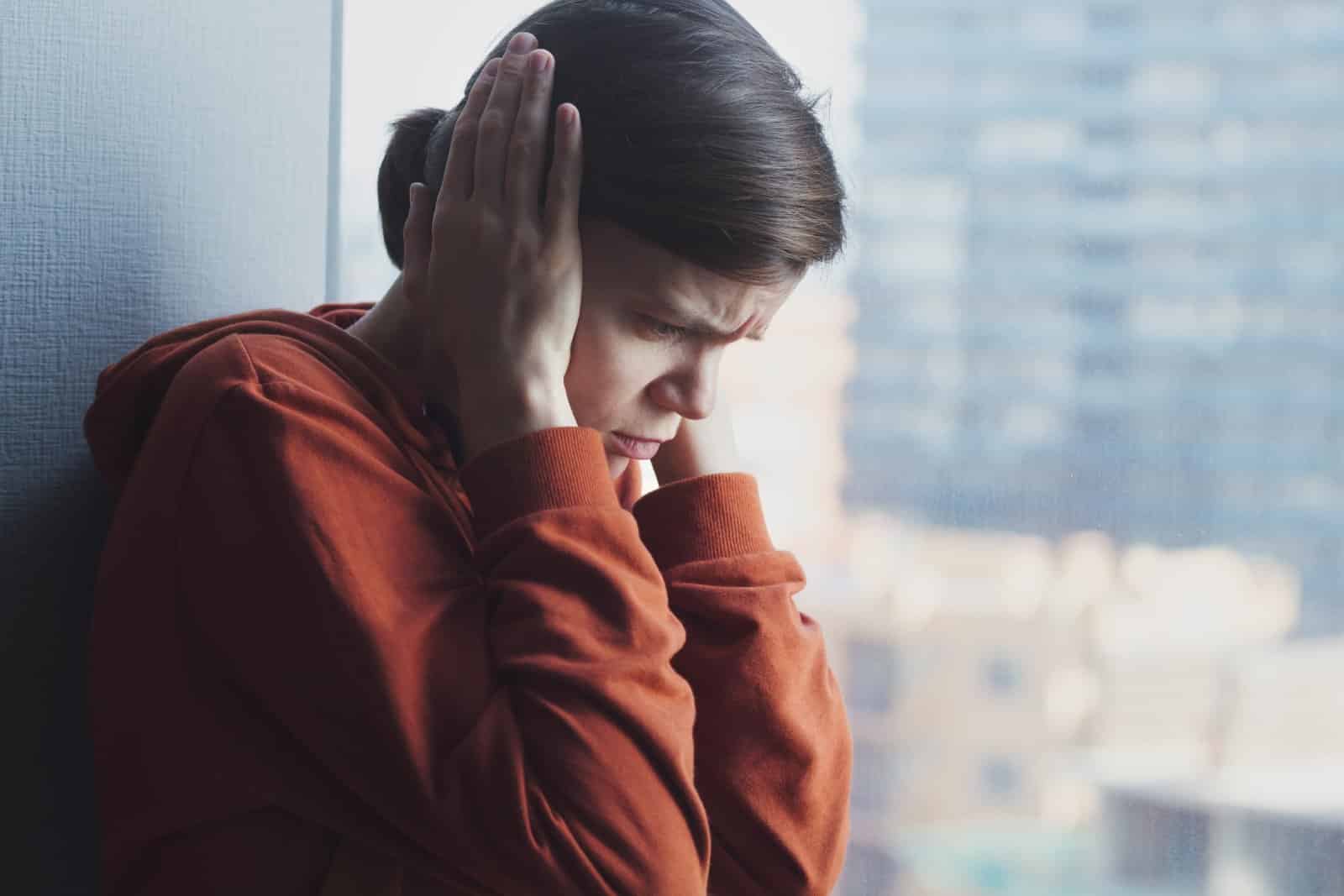
Many argue that addressing mental health issues would be more effective in preventing gun violence than imposing broad gun control measures. Programs aimed at improving mental health care and crisis intervention are seen as essential steps in reducing violence. This approach targets the root causes of violence rather than the tools used.
21. Respect for Tradition
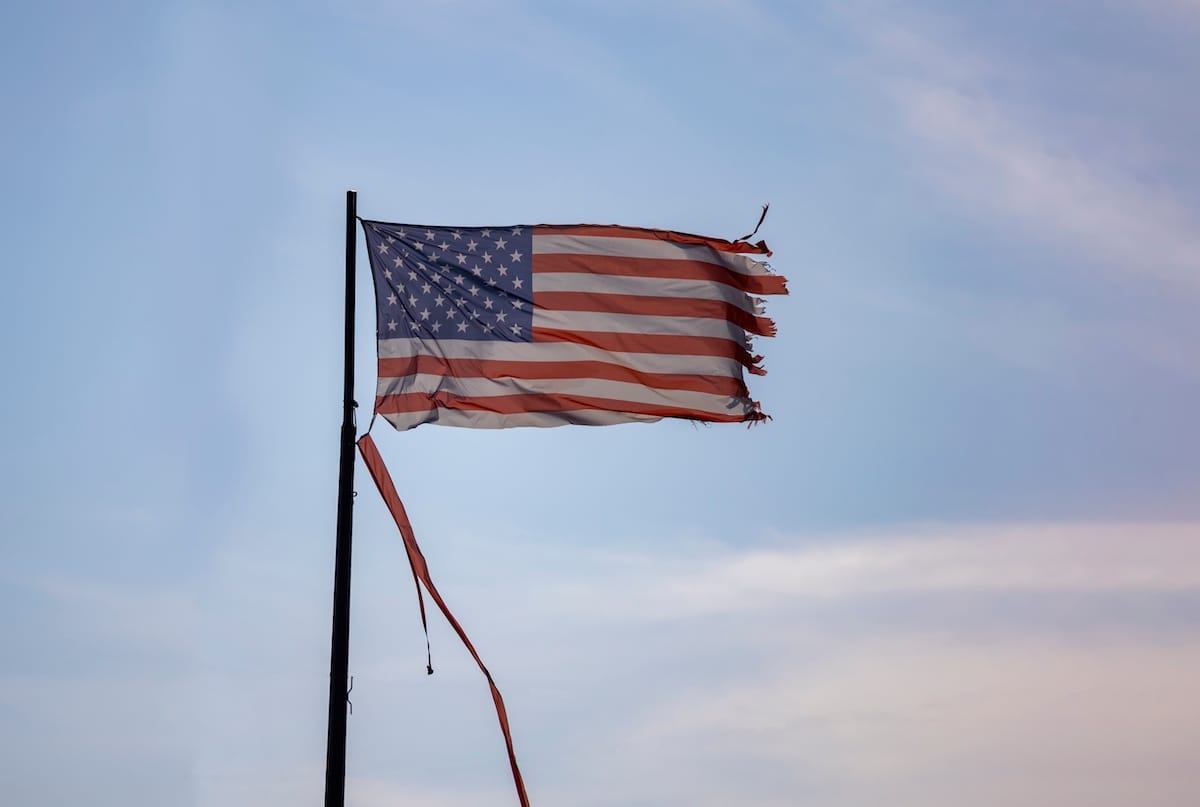
For many, gun ownership is about preserving a way of life and respecting traditions passed down through generations. This respect for tradition is deeply ingrained and fiercely defended, making change difficult. Guns are viewed as part of our heritage, and any attempt to regulate them is seen as an attack on our identity.
What Will It Take?
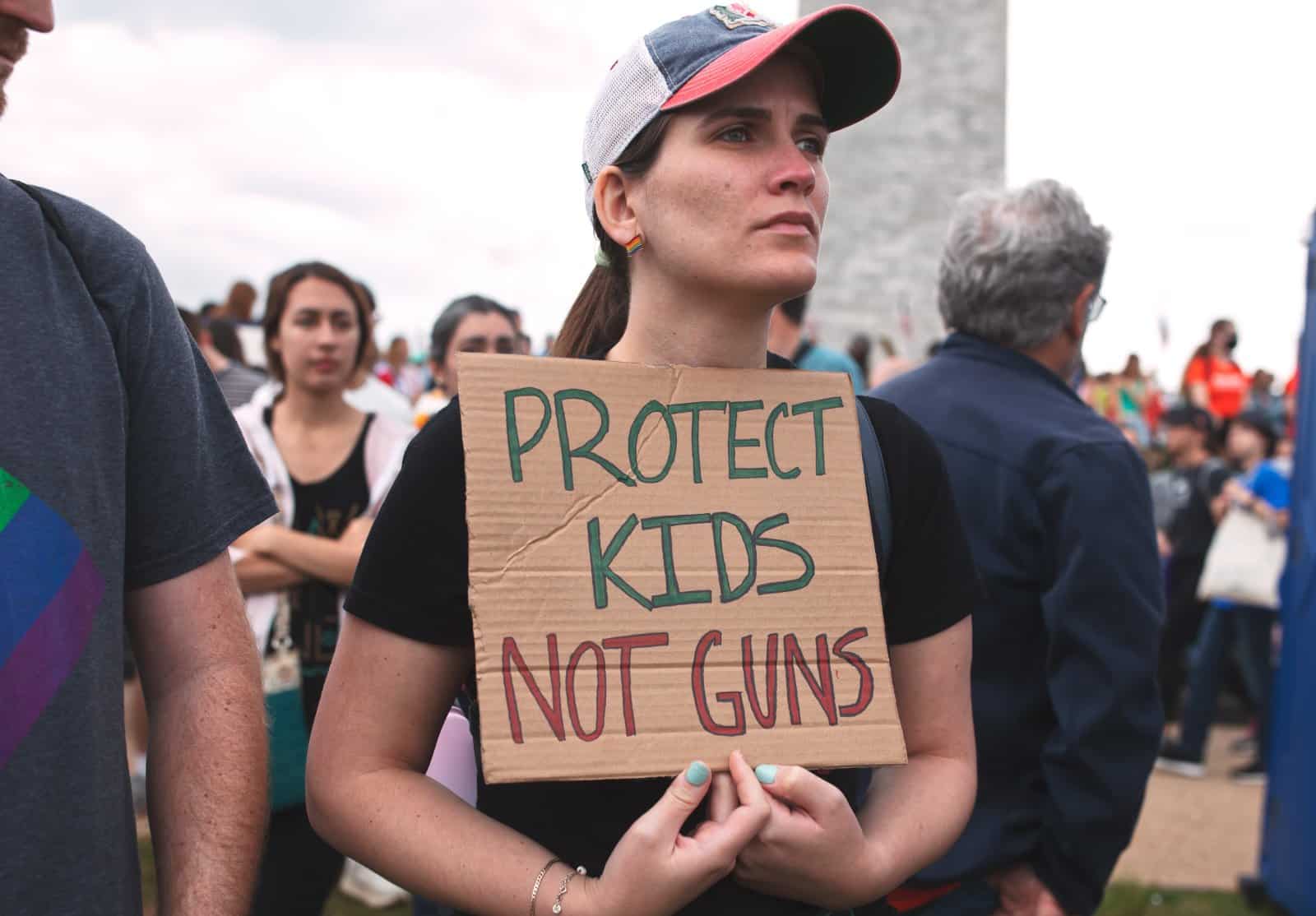
The clash over gun reform is more than policy—it’s about our identity and freedoms. As we face these challenges, let’s not lose sight of common sense and compassion. We owe it to our children to find solutions that respect our rights while protecting their future. Stand up, speak out, and demand a balanced approach that honors both safety and liberty.
21 Beliefs About the Bible That Are Actually False

The Bible is one of the most discussed and debated books in history, yet many common beliefs about it are more myth than fact. How many of these misconceptions have you heard before? 21 Beliefs About the Bible That Are Actually False
21 Subtle Racisms That Are Commonplace in America

Racism in America isn’t always overt; it often hides in plain sight through subtle actions and attitudes. How many of these subtle racisms have you noticed around you? 21 Subtle Racisms That Are Commonplace in America
Only Legal in America: 21 Things You CAN’T Do in the Rest of the World
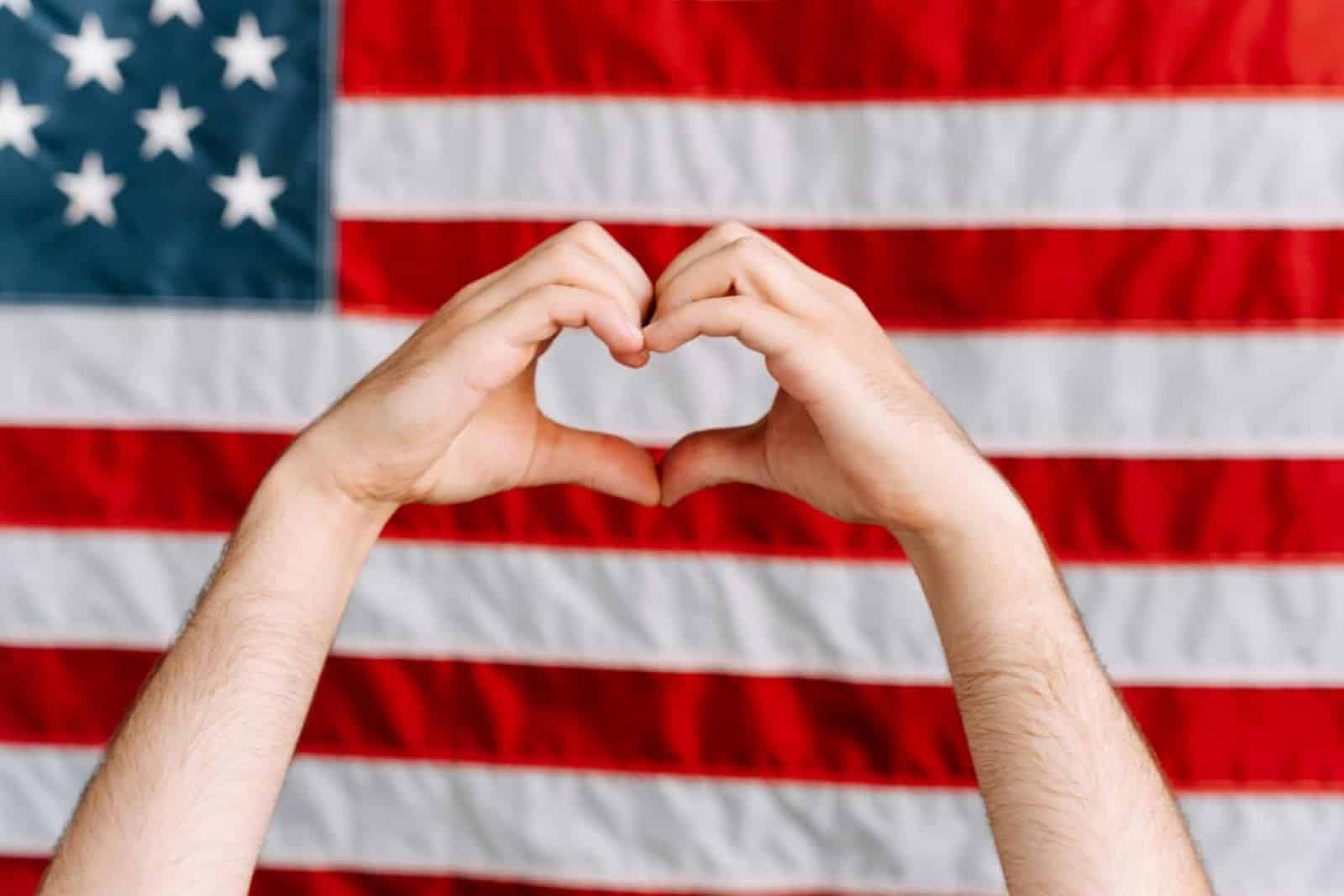
The U.S. dances to its own beat, especially when it comes to laws that make the rest of the world do a double-take. Here’s a lineup of things that scream “Only in America,” sticking strictly to what’s written in the law books. Ready for a tour through the American legal landscape that’ll leave you wondering if freedom might just be a bit too free? Only Legal in America: 21 Things You CAN’T Do in the Rest of the World
Featured Image Credit: Shutterstock / Joseph Gruber.
For transparency, this content was partly developed with AI assistance and carefully curated by an experienced editor to be informative and ensure accuracy.

